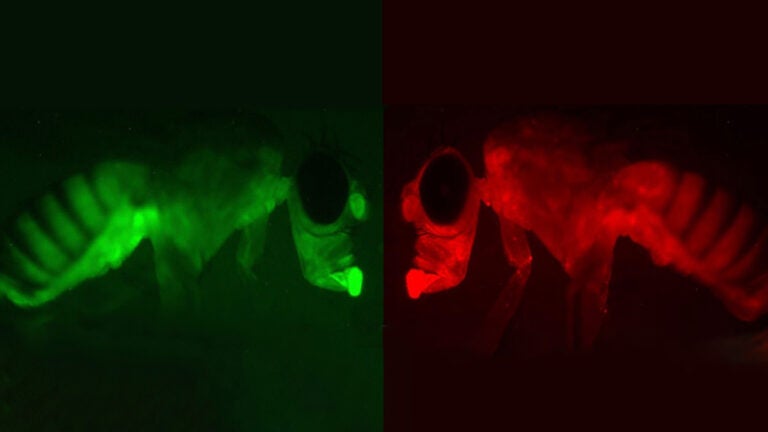An evolutionary adaptation that allows one ocean bacteria to thrive could prove to be its Achilles Heel as oceans change, new study reveals.
News Stories
Scientists say mifepristone, used in cancer and reproductive care, could pave the way for anti-aging treatments.
Living things usually prefer stability to conserve energy and resources, but instability might also play a vital role, says USC Dornsife molecular biologist John Tower.
More than 7 million Americans have MCI and don’t know it. That’s worrisome since early diagnosis is key to delaying onset of dementia and Alzheimer’s disease.
USC Dornsife scientists lead research in lab models that shows the drug mifepristone may counter negative effects experienced by females of some species after mating. The results could lead to extending lifespan in humans. [3 min read]
From environment to family, transportation to health care, from work and leisure to what we’ll eat and how we’ll age, USC Dornsife faculty share how they think our future world will look. [11 ½ min read]
Contrary to popular opinion, when it comes to well-being, our lives do not represent an inevitable decline from the sunny uplands of youth to the valley of death. Instead, the opposite is true — we can confidently look forward to old age as the happiest time of our lives. [12 ½ min read]
Amid failed drug trials and mounting discoveries about Alzheimer’s complex list of triggers, USC Dornsife scientists say a single cure is unlikely. [5 min read]
The USC Dornsife study also suggests that aging is not always something seen as occurring late in life. It may be observed at the molecular level. [2 1/4 min read]
The Healthy Minds Research Volunteer Corps at USC enlists potential research study participants of varying racial and socioeconomic backgrounds from across the greater Los Angeles area.









